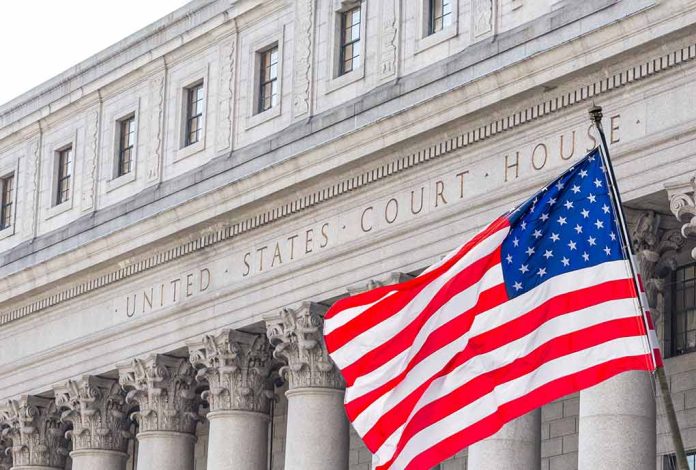
(UnitedHeadlines.com) – On Jan. 17, the Supreme Court heard a case that may rein in the power of federal regulators.
The case involves a fight over an obscure commercial fishing rule, and asks whether Atlantic herring fishermen should be required to pay federal officials to come aboard their ships to collect data and monitor the catches. However, it could have implications for the discretion of the Executive Branch to interpret and enforce federal government policies in areas such as the environment, immigration, veterans’ benefits and gun control.
The issue involves what is known as the “Chevron” deference, which is a 1984 Supreme Court ruling that states that if Congress passes an ambiguous law, federal judges should typically defer to a federal agency’s “reasonable” interpretation. Chevron is a regular part of rulings over government actions and one of the Supreme Court’s most-cited cases to allow wide latitude over an agency’s power.
Those who support “Chevron deference” say that it allows agencies some leeway for federal agencies to adapt to unforeseen situations. Those who are against Chevron say it defies the separation of powers, allowing for unchecked government overreach.
The Biden administration says that Chevron respects the separation of powers. It has argued federal agencies have the expertise to enforce federal laws.
After hearing the arguments, the justices appear ready to limit but not entirely overturn Chevron.
Supreme Court Justice Clarence Thomas questioned how it should be determined, “How much deference is too much deference?”
Justice Brett Kavanaugh said that because of politics, the courts may be a better place to decide if federal laws Congress has passed are ambiguous. He said when a new administration comes in, every four or eight years, “Chevron itself” allows changes to the laws.
Other justices question if overturning Chevron would mean judges would be making policy decisions instead of the political branches. Justice Elena Kagan stated she would rather have a federal agency making policy decisions than a judge.
The Supreme Court is expected to issue its ruling in June.
Copyright 2024, UnitedHeadlines.com














